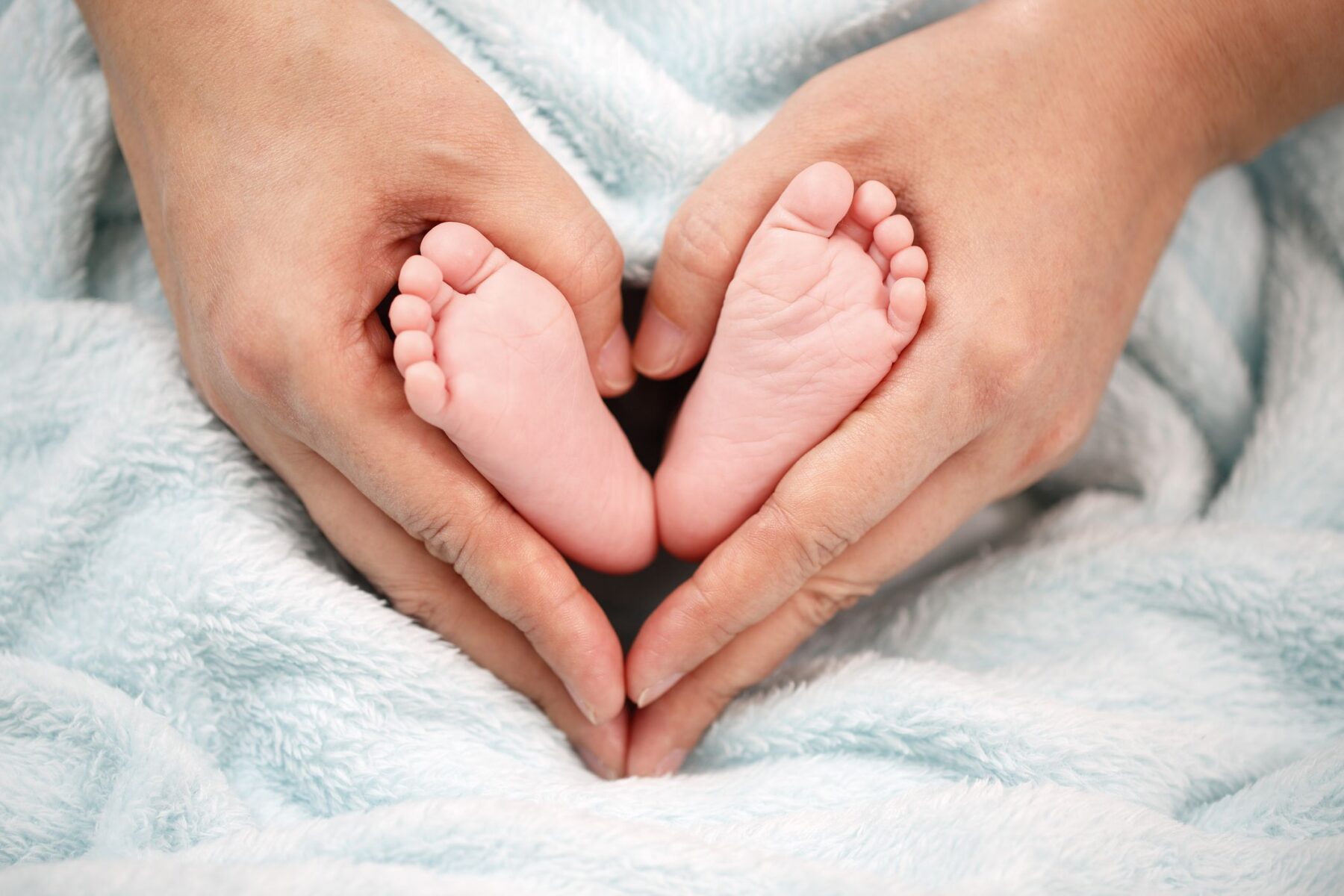
I have been thinking a lot these days about what being a mother has meant to me over the four plus decades I have been one. Motherhood is a complicated state, made even thornier by children’s insistence on being their own flawed foils to their parents’ imperfections.
Even before my first child was born. I was surprised by the mama lion awakened in me. My now ex-husband and I had been a little ambivalent about parenthood but decided waiting to be absolutely sure was a choice to be childless, since that level of certainty was unlikely. I went off the pill and soon the decision had been made for us by a speedy sperm and a ready egg. But from that moment it was like a complete reordering of everything, physically and emotionally. All ambivalence vanished. I wanted that child ferociously.
When my son Adriano was born, I felt a depth of love and bonding I hadn’t thought possible. When I got pregnant a second time, I couldn’t imagine in the early stages how I could possibly love anyone as much as the child I already had, but the same ferocity took over, and I learned with Ivan’s arrival how a mother’s love doesn’t get divided but doubles.
When my children were small, I would without hesitation have sacrificed my life for them. This level of protectiveness remained strong as they navigated their school years and experienced the hurts of a world that didn’t revolve around meeting their desires and needs. But there’s a subtle shift as children become adults. It’s not that the ferocity of the love abates, but that it becomes less one dimensional.
I was on a tour somewhere on a cruise assignment and while on the bus, the guide somehow got talking about how parents will do anything for their children. He asked the people on the tour if this wasn’t so, and got mostly blank stares. I could see he was utterly disgusted and pulled him aside later to explain that it wasn’t that they were heartless, but that their children were probably in their forties and fifties. He said that he had meant when their children were small, and totally agreed with their response now that he understood it.
Obviously, somewhere along the way, our thinking about our children changes. There are a lot of ways one could try to explain this, but what seems to make most sense to me is the idea that motherhood (and fatherhood too for involved fathers) has both unconditional and transactional aspects. With babies, they are scarcely separate. A baby offers us gurgles, smiles, and excitedly kicking legs and we are repaid for all we do. Toddlers just have to offer us a bite of their cookie and our hearts go every bit as soggy.
But as children get older, we expect more. They need to pitch in. They need to be more accountable. This is all on the transactional side. The unconditional love side remains intact. Eventually the parent-child relationship reaches a point where, to use a common trope, the parent won’t reflexively throw him of herself in front of a bus, but rather both parent and child act to help the other—and hopefully both of them—get out of the way. Somewhere along the line, a healthy parent-child relationship starts feeling more like a team.
This can take a long time to happen. An adolescent sense of entitlement to everything relating to parents can extend even to when the first gray hairs start popping out of the child’s head. Parents can have a hard time letting go of the desire to save their children from stress and hardship, and keep figuratively throwing themselves in front of the bus to keep them from suffering.
This comes about because that unconditional love aspect of parenthood never changes, but somewhere along the line a healthy transactional side never adequately developed. Unconditional love sends messages that it isn’t right to let a son or daughter go without something we can easily afford to give. It says that when they let us down, we should adjust our attitude about what we asked of them so we can let any negative feelings go. When parents think they are supposed to behave this way, they are confused when it only makes them feel smaller. Love is supposed to make one feel bigger, but unconditional love without a strong and respectful transactional side will almost guarantee the opposite.
Occasionally I see situations where children bend over backwards to do things for parents to try to earn their love because that love has always felt conditional, and the one-sided transactions never satisfy the parent for long. True, unconditional parental love is a great grounding force and an important asset to a child’s healthy and happy life, but the important thing is that both unconditional and transactional love thrive.
I think children tend to relate only to the parent standing in front of them currently, but the parent sees the child as everything he or she has ever been, from bump, to birth, to today. It isn’t just about who did what for whom recently. Some debts can never be fully paid. The parents also need to know when to let children just be who they have become and not saddle them with all they ever were. Any healthy relationship between grownups, is founded by genuine actions to be part of a team that lifts up both sides. Parents and children who can achieve this are fortunate indeed.

Well written with perfect insight!
Thanks my friend!
Susie McCollom
So well presented, and so helpful. Thank you Laurel for your wisdom. I will be sharing this with my children. xox